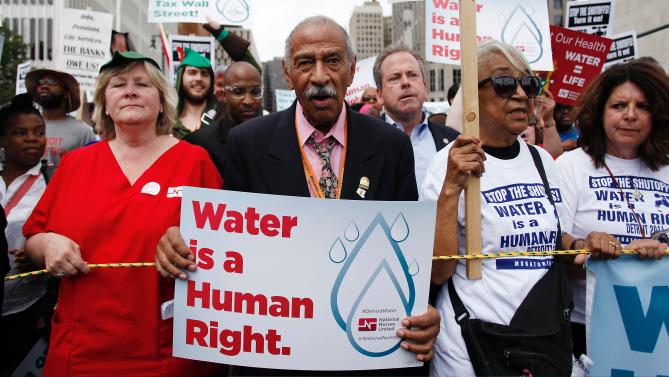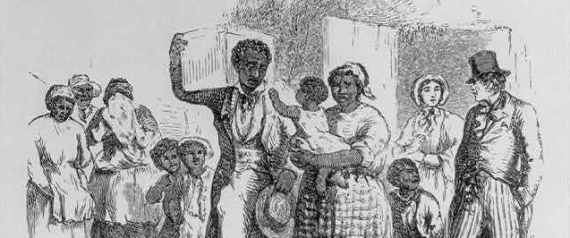Charles Barkley recently explained why “we as black people are never going to be successful.”
LONDON — Guy Scott is used to the funny looks. When the former farmer met George W. Bush a few years ago, the ex-president thought he was in the middle of an elaborate practical joke.
African-Americans in Minneapolis are far more likely to be arrested for minor offenses than white residents, according to a new report.
This year’s top The Root 100 honoree reflects on his groundbreaking article, “The Case for Reparations,” and his belief that African Americans have accomplished much, despite overwhelming obstacles. This year we…
Oct 24 (Reuters) – Police in Ferguson, Missouri, committed human rights abuses as they sought to quell mostly peaceful protests that erupted after an officer killed an unarmed black teenager, an international human rights organization said in a report released on Friday.

RICHMOND, Va. (AP) — “Twelve Years a Slave” actress Lupita Nyong’o is lending her star power to the opposition to a minor league baseball stadium in what was once the center of Richmond’s thriving slave-trading center.

Congressman John Conyers, Jr., (D-Mich. joins demonstrators protesting against the Detroit Water Authority.
Protesters obstructed traffic along Atlanta’s Downtown Connector—a section of Interstate Highways 75 and 85—Wednesday evening in support for Michael Brown as the black community continues to demand answers in the Aug. 9 shooting of the unarmed black teen by a white Ferguson police officer, the Atlanta Journal-Constitution reports.
By: Breanna Edwards Protesters blocking the Atlanta Downtown Connector Protesters obstructed traffic along Atlanta’s Downtown Connector—a section of Interstate Highways 75 and 85—Wednesday evening in support for Michael Brown as the…

By Braden Goyette Edward Baptist’s new book, “The Half Has Never Been Told: Slavery And The Making Of American Capitalism”, drew a lot of attention last month after the Economist said it was…
Ashley Yates views the “I Love Ferguson” campaign as more of a political statement than an expression of support for the city at the eye of a storm over civil rights.














